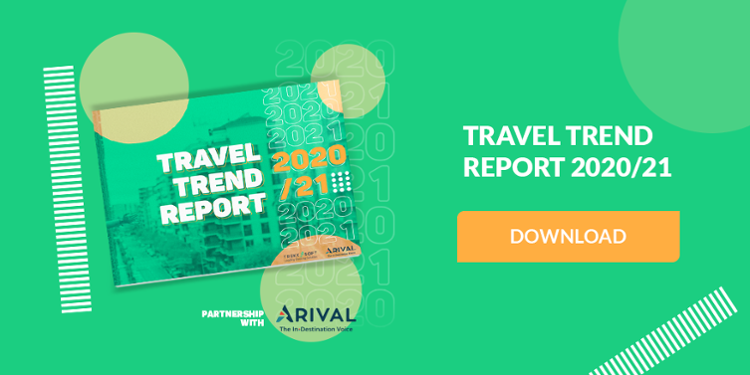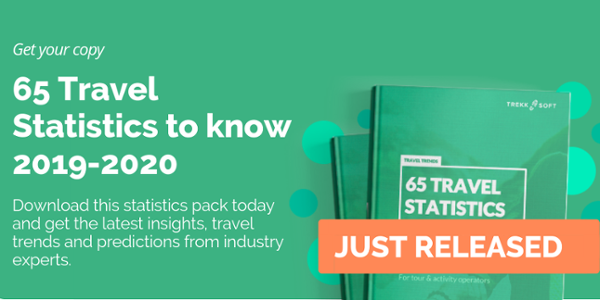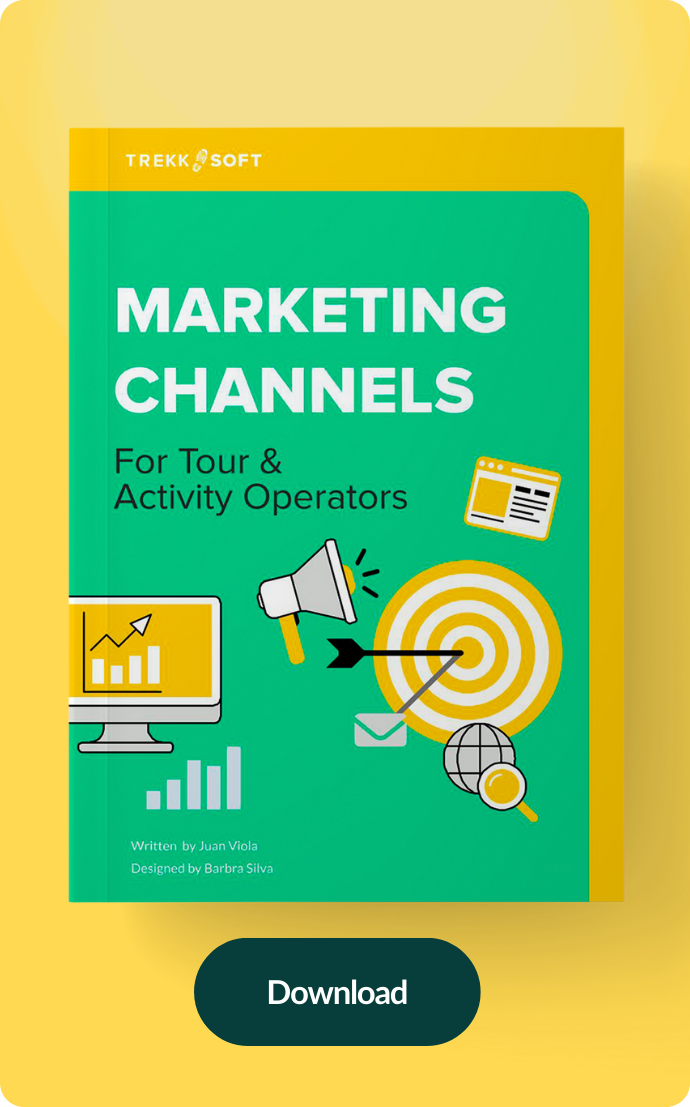For tour & activity operators, it can be challenging to find out what the current travel statistics and insights are, without having to look at hundreds of articles across the web.
At TrekkSoft, we know how valuable travel statistics can be to our customers, so every six months we do all the research and collate our findings in one place.
Each December we release the highly anticipated annual travel trends report filled with survey results and expert opinion, and then in July we publish our travel statistics to know report which is an update of what has changed and what to expect in the year ahead.
Want more insights like this?
This report includes:
-
Booking Trends
-
Travel Trends
-
Destination insights
-
Tour & Activity Industry Insights
-
Travel Technology
Below you can read a snippet of our 65 Travel Statistics to know in 2018-2019.
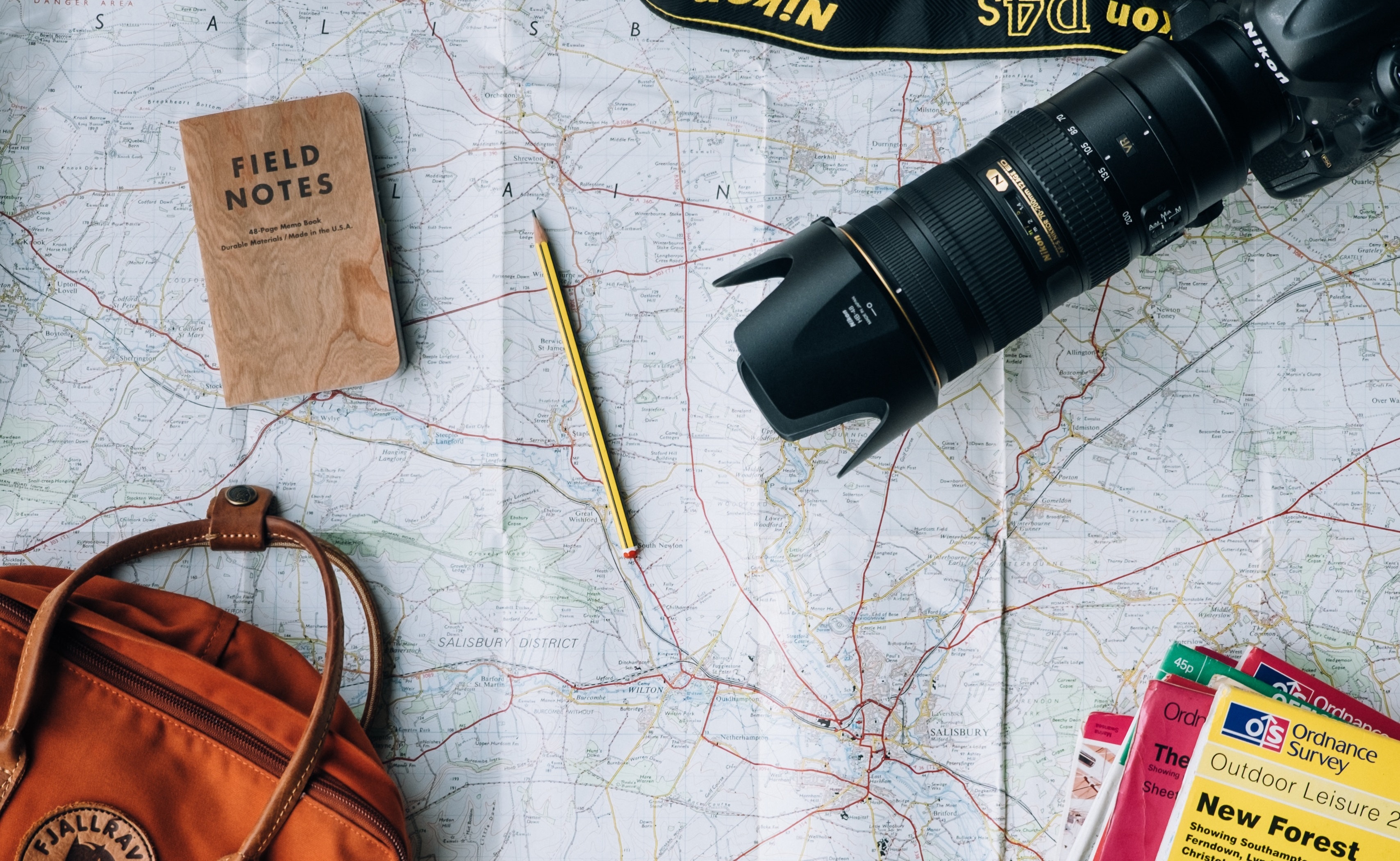
Booking Trends
Sustainability is driving accommodation decisions
1. According to the Booking.com sustainability travel report, “over half (55%) of global travellers report being more determined to make sustainable travel choices than they were a year ago, but barriers include a lack of knowledge and available or appealing options when trying to put this into practice.” (Booking.com 2019)
2. These sustainable decisions include accommodation. “73% of global travellers intending to stay at least once in an eco-friendly or green accommodation when looking at the year ahead.” (Booking.com 2019)
3. “Additionally, 70% of global travellers say they would be more likely to book an accommodation knowing it was eco-friendly, whether they were looking for a sustainable stay or not.” (Booking.com 2019)
Even homeware companies are getting involved
4. Speaking of accommodation decisions, a number of homeware companies have began launching their own hotels in a smart move to sell more products. “MADE.com kick-started the trend - it launched its first MADE hotel in Manhattan’s NoMad district two years ago, followed by floating boutique hotel the Boathouse in London in summer 2018.” (CN Traveller 2019)
Flight routes are expanding due to demand
5. Destination routes are expanding to give new generations unlimited reach. “We are millennials and we are looking to have different travel experiences than our parents,” Patrick Quayle vice president for international planning at United Airlines said. “As a result of that, the network has to evolve and look different.” The airline has recently added Cape Town to it’s route roster. (Skift 2019)
![]()
6. Stopover destinations during long haul flights used to be an unwanted part of the journey. In 2019, airlines now offer a low cost option to lengthen your stop over time, so that travellers can explore the destination. “Longtime stopover providers include Icelandair, Hawaiian, Emirates, and TAP. And recently, new programs from Brussels Airlines and Swiss add even more great options to the list of stopover possibilities.” (CN Traveller 2019)
There’s more data on how travellers book their trips
7. 51% of US travellers said that once they decided to go on a trip, they would spend less than one week conducting research. (Facebook IQ)
8. Google data found that hotels and flights are booked in advance of 12 weeks. Within the 3 months prior to the trip date, the search increases further for experiences. (Google 2019)

9. We examined three random data points between August and September, the busiest months for tour and activity operators in Europe and found that Monday is the most popular day for people to book their trips while Saturdays are the least busy days for bookings. (TrekkSoft 2019)
10. Bookings made slowly drops from Monday and plateaus between Wednesday to Friday before dropping dramatically on Saturday. Bookings pick up again on Sunday and take off again on Monday. (TrekkSoft 2019)
11. 10am CET is the time of day when most bookings are made, and 6am CET is when there are the least. (TrekkSoft 2019)
12. In 2018, the proportion of direct website bookings fell to 66.7% while marketplace bookings increased to 9.1%. Bookings made through agents, affiliates and local tourist offices also increased from 17.5% to 24.3% in the same time frame. (TrekkSoft 2019)
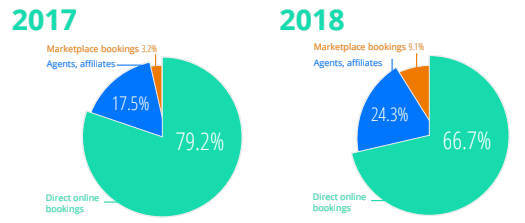
13. Booking.com research also revealed some interesting differences between the types of travellers. “We found that travellers who book their activities ahead of their trip spend 47% more on lodging and 81% more on transportation than those who wait to book in destination, making them a valuable audience, especially for companies like online travel agencies that sell across multiple categories.” (Booking.com 2019)
14. We’ll talk more about in-destination bookings further in our tours & activity insights chapter, but it’s worth mentioning that “near me” searches on Google Maps grew 150% over the past year showing that locals and travellers alike are using the search engine. (Skift 2019)
Download The Travel Trend Report 2020/21
Travel Trends
Never-ending family holidays are on the up
15. Family travelling has always been a staple to the annual program, but now family sabbaticals are taking over influenced by the likes of @thebucketlistfamily, @byjetpack and @travelling_family.
16. “Given that by 2020 it’s estimated that roughly half the UK and American workforce will be freelance and that 40 per cent more children were being home-schooled in 2017 than in 2014 (48,000 in total), it’s no surprise that parents will be embracing the freedom this gives.” (CN Traveller 2019)
Generation Alpha are driving travel decisions
17. “Gen Alpha, which refers to those born after 2010, is showing more signs of influencing family travel decisions and planning than previously thought, according to Expedia Group Media Solutions.” (Short Term Rentalz 2019)
18. “On average globally, travellers with Gen Alphas are taking more than three family trips a year.” (Expedia Group 2019)
19. “For family travellers, 95% said their priority was keeping their families entertained and happy, while deals and value (89%), outdoor activities (85%) and planning travel around school holidays (85%) or near major attractions or theme parts (85%) were also of utmost importance.” (Short Term Rentalz 2019)
20. And convenience is driving the travel decisions. “Plane and car are preferred modes of transport for family travel.” 52% of surveyors selected their mode of transport by the fatest option, and 34% selected based on the lowest cost. (Expedia Group 2019)
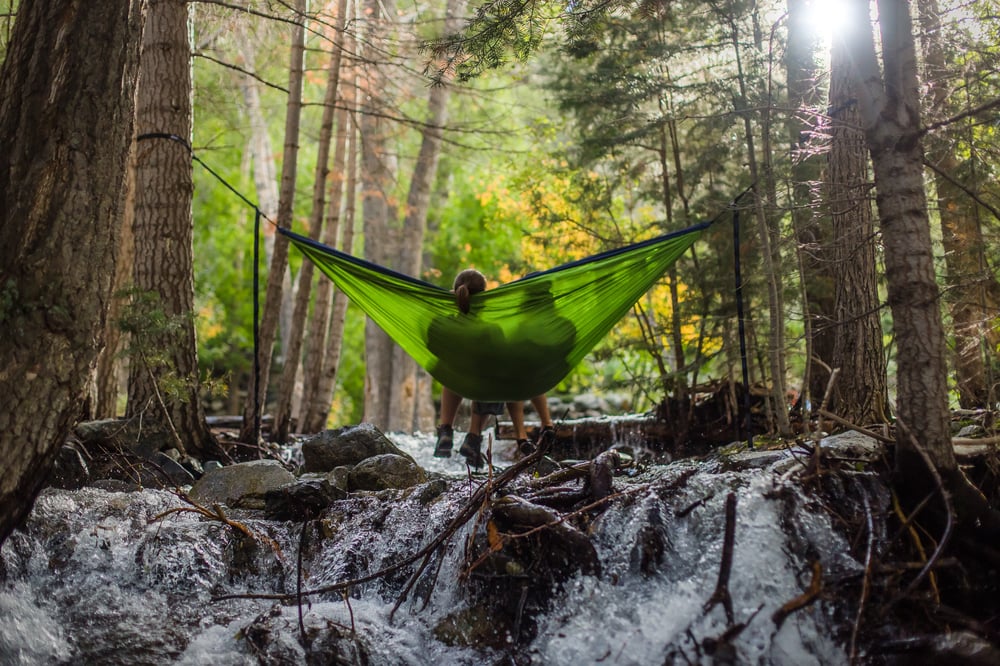
And travel fulfilment doesn’t just apply to families
21. Personal fulfillment sees travellers making their destination choice based on their own development. “Over half (56%) of global travellers agree traveling has taught them invaluable life skills, and 2019 will see a rise in people’s desire to learn something new whilst away, as well as an increase in volunteering and skills-based vacations across generations.” (Booking.com 2019)
Solo Travel is becoming more sociable
22. Co-living apartments are being introduced that allow solo travellers to meet like-minded individuals on their trip. “One of the co-living leaders, WeLive (sister company to WeWork), now has apartment complexes with trendy shared social spaces, events programmes, yoga classes and even hot tubs in New York and Crystal City. People can stay for a few days or a few months.” (CN Traveller 2019)
23. Dublin Airport claimed of it’s 31.5m estimated passengers in 2018, 57% were solo travellers. Gráinne Morrison, futurist at the Dublin Airport Future Factory shared this stat as he presented a project opportunity to come up with an idea on how to revolutionise the solo traveller experience at the airport. (Silicone Republic 2019)
24. According to data from Solo Traveler, which is commandeered by Janice Waugh and Tracey Nesbitt, the number of solo travellers is growing. For example, subscribers to their newsletter for solo travellers grew from 33,000 this time last year to over 50,000 at time of press. (Travel Marketing Report 2019)
25. What can we expect from Solo Travel in 2020? According to The New Indian Express “We will see more travel companies going for the millennial travel segment as it explodes with more younger travellers than ever before. We could also start seeing companies go for the Gen Z audience who are just entering the age of independent travel.” (The New Indian Express 2019)

